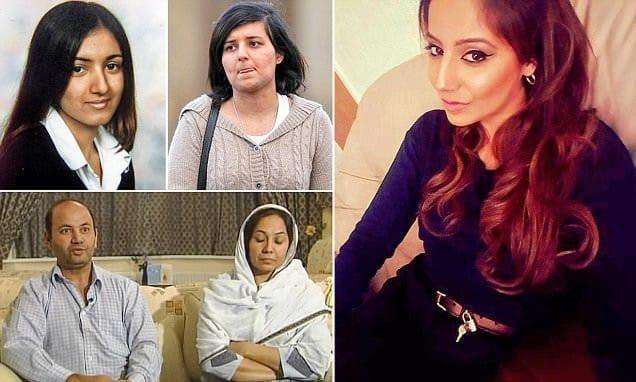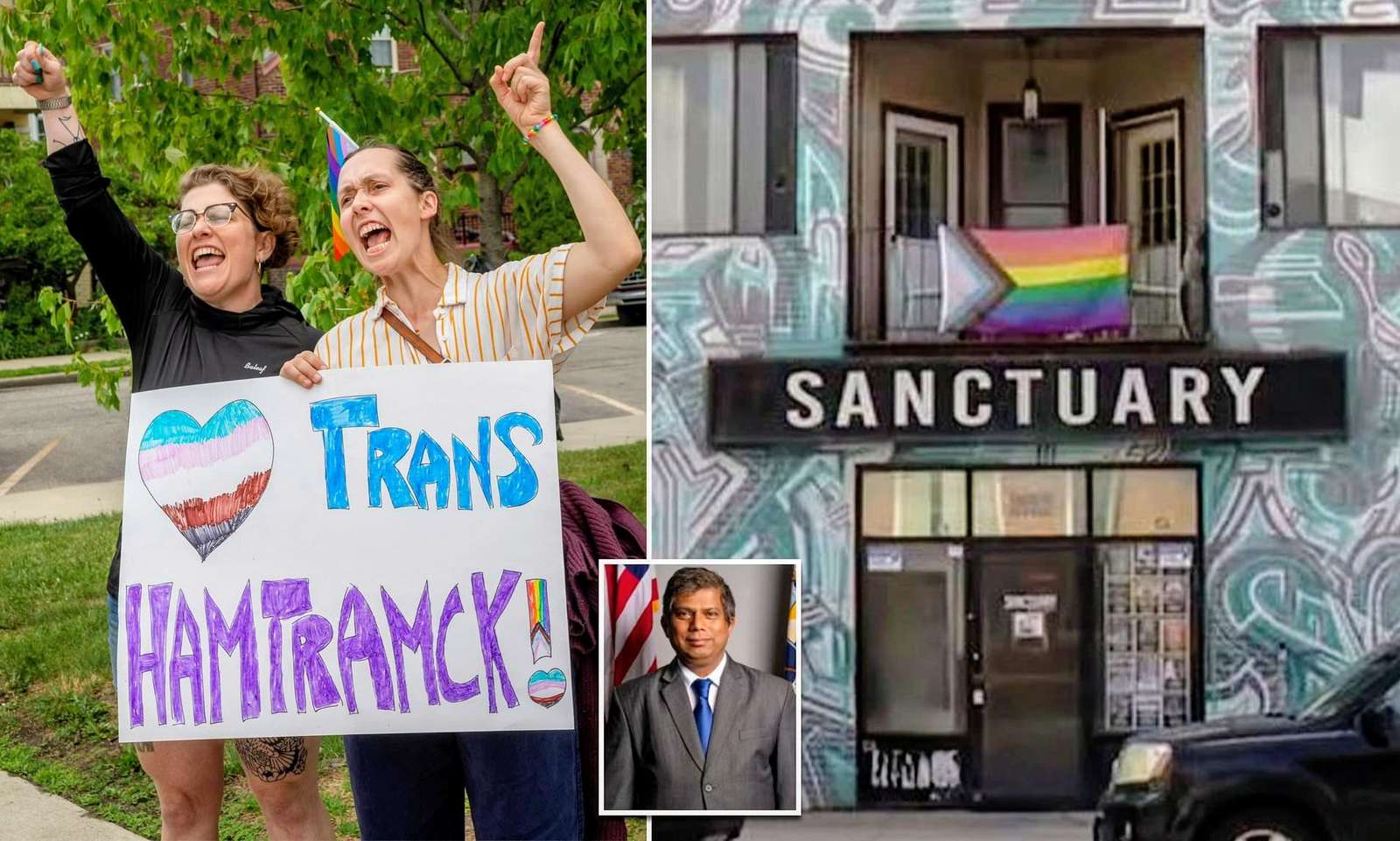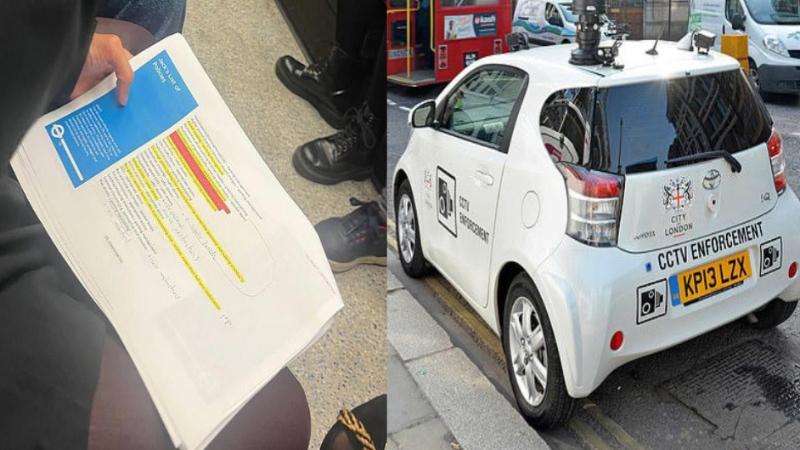Speculation continues to swirl around the formation of a new left-wing political party led by former Labour leader Jeremy Corbyn, though concrete details remain elusive. Recent announcements and subsequent clarifications have painted a somewhat confusing picture, indicating that while discussions are indeed "ongoing," much about the proposed entity, including its name and organizational infrastructure, is yet to be solidified.
Last week, former Labour MP Zarah Sultana announced her intention to co-lead the founding of a new left-wing party with Jeremy Corbyn. However, Corbyn himself later issued a statement suggesting discussions were still underway, creating a degree of uncertainty regarding the exact nature and timing of the launch. This has led to an "anticlimactic" situation for some observers, with announcements and non-announcements seemingly cancelling each other out.
Who's In or Out?
While Sultana has publicly committed to co-leading, the full roster of individuals expected to join remains unconfirmed. A meeting of approximately 30 individuals from various parts of the British left has been reported, suggesting a broad, coalitional group is slowly moving towards the party's formation. Discussions have been largely coordinated by "Collective," a group headed by Karie Murphy and Pamela Fitzpatrick, both veterans of Corbyn's political camp. Independent MPs, campaigners, and activists are said to be potential allies, with Iqbal Mohamed, part of Corbyn's existing alliance of independent MPs, hinting at his involvement. Jamie Driscoll, the former North of Tyne mayor, also leads a group that could be aligned with the new project.
However, despite initial reports of a "joint ticket" between Sultana and Corbyn, there appear to be internal discussions regarding leadership, with some preferring Corbyn as the sole figurehead. Polling suggests that around 18% of Britons are open to considering voting for a Corbyn-led party, with the greatest willingness coming from former Green Party voters (58%). This appeal is also notably higher among younger Britons.
Name and Office Space: Still Unknown
As of early July 2025, the new political party does not have an officially confirmed name. While "a new left-wing party led by Jeremy Corbyn" is often used in polling and news reports, it's not a formal designation. There has been no public announcement regarding a dedicated office space for the nascent party. Establishing a new political party from scratch is a significant undertaking, requiring substantial infrastructure, and it appears these logistical elements are still in their very early stages. The "Independent Alliance," a group of five independent MPs including Corbyn formed in September 2024 to gain speaking time in Parliament, has been a precursor to these discussions, with some within that group reportedly keen on forming a full political party.
Islington's Hidden Crisis: Wealth Gap Fuels Soaring Youth Unemployment
Often perceived as an affluent, middle-class bastion of London, Islington is grappling with a surprising and stark reality: alarmingly high rates of youth unemployment. A recent report reveals that young people in the borough are more likely to be unemployed or out of education than in almost any other part of the country, with only four other local authorities experiencing a higher likelihood of young people becoming NEET (Not in Education, Employment, or Training).
This startling disparity stands in sharp contrast to Islington boasting the ninth-highest level of household income in the UK at £38,638, significantly above the national average of £21,259, according to the Office for National Statistics (ONS). The borough also has the second-highest number of pupils on school meals in England, underscoring the profound wealth gap that exists within its seemingly prosperous boundaries.
Experts point to this inherent wealth divide as a key driver for the ballooning worklessness, particularly in the post-Covid era. Ben Gadsby, head of policy and research at the charity Impetus, highlights the "pockets of extreme wealth next to these pockets of relatively severe deprivation," suggesting a hidden struggle often overlooked.
Barriers to Work for Islington's Youth
Cavan, a young resident of Islington, exemplifies the challenges faced by many. Despite hoping for a retail job and even applying to the Army, he remains unemployed. To improve his prospects, Cavan enrolled in Spear Islington, a six-week program for 16 to 24-year-olds designed to facilitate entry into work, training, or education.
Mangala Nanda, chief learning officer at Generation, a charity running job-specific boot camps, emphasizes the disconnect between education and employment. "We see that there are lots of people who go into university, they’ve taken on all of that debt, and then six months go by, one year goes by, two years go by – and they’ve not managed to get a job," she states.
Charities like Resurgo are actively working to assist NEETs in Islington, addressing barriers such as poor qualifications, a family history of unemployment, and special educational needs. Pete Bacon, deputy chief executive of Resurgo, notes a significant rise in mental health complaints post-Covid, further exacerbating unemployment. "The number of young people we enrol who are now reporting mental health issues of some type feels really significant," he explains, adding that some young people are so affected they "day to day, are just not leaving their house, sometimes, no exaggeration, for years they won’t have actually left their building."
The Spear program, a highly successful initiative run by Resurgo, provides intensive coaching in professionalism, communication skills, and interview techniques. Hailey, a participant, shares her experience: "I’ve personally learnt to be more confident and to know it’s not just me that has a hard time looking for jobs or looking for studies, it’s a community of people that struggle." The program also fosters connections between young people and local businesses.
However, a fundamental shift in perception is deemed crucial. Anna, the centre manager of Spear Islington, stresses the need to "myth-bust that Islington is just a wealthy borough because it’s got wealth. It also has great deprivation, and I think that can often get overlooked depending on where you go and what circles you mix in." Addressing Islington's hidden crisis requires acknowledging and tackling the deep-seated inequalities that are leaving a generation of young people behind.



_3.jpg)
_3.jpg)


.jpg)
.svg)


.jpg)